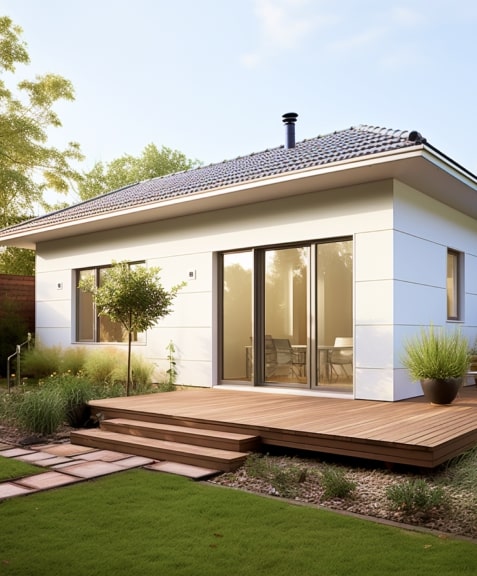
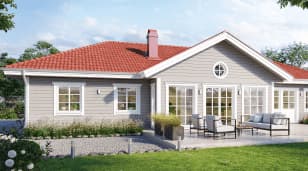
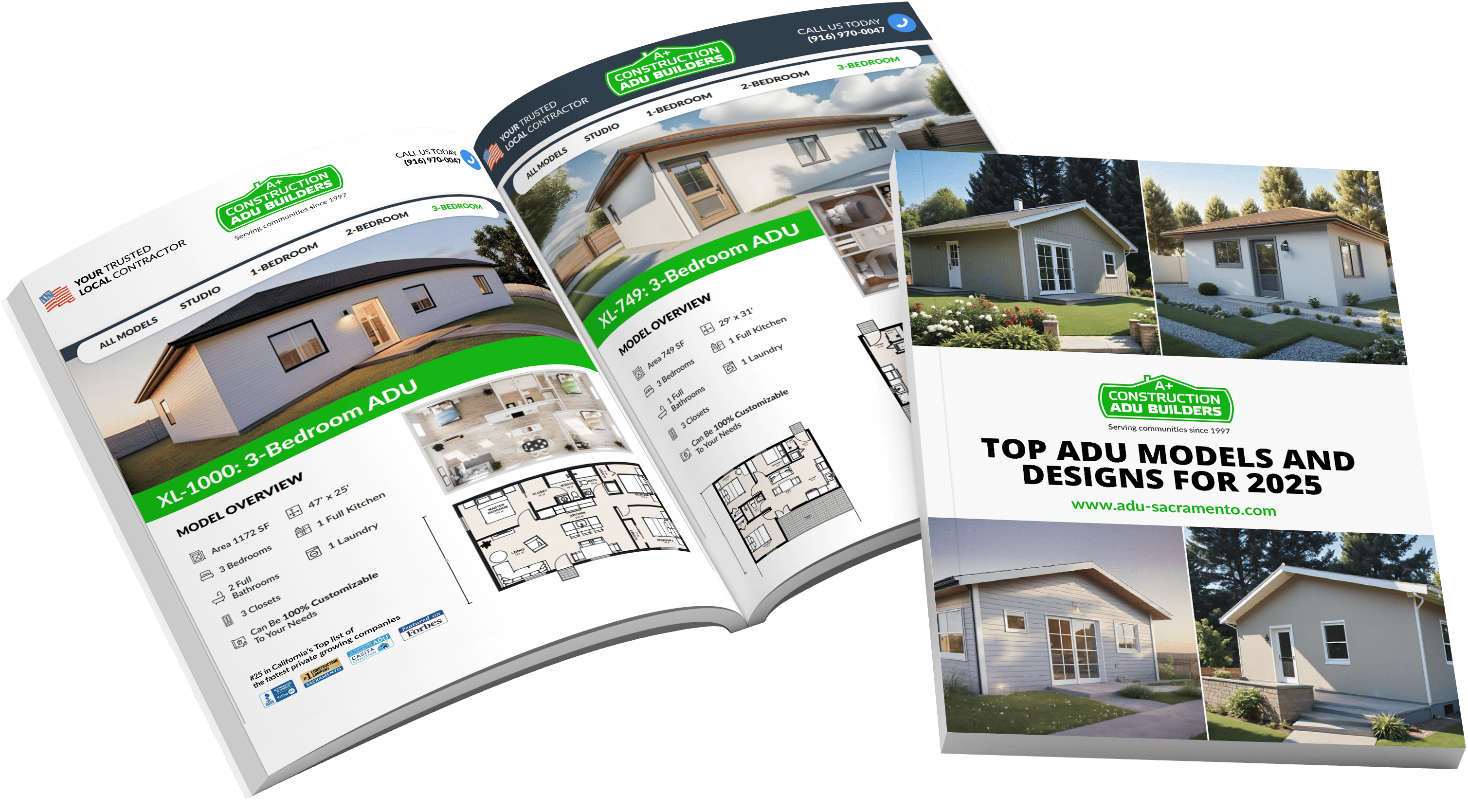

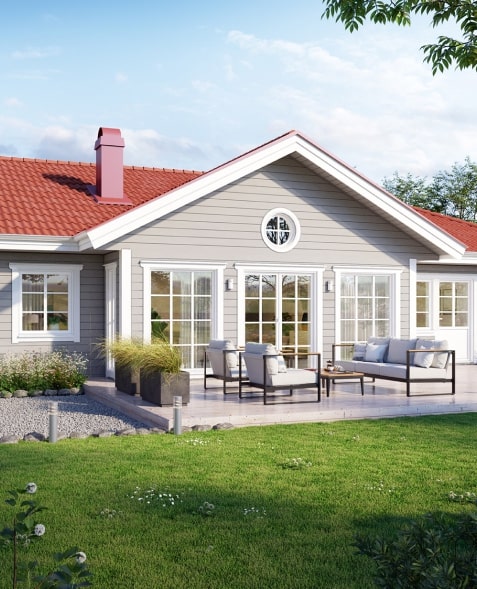
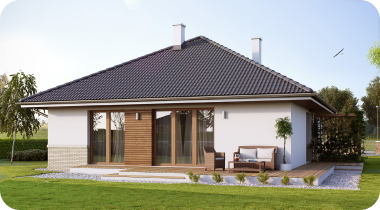
A link to download your FREE brochure will be in your inbox in 3 minutes
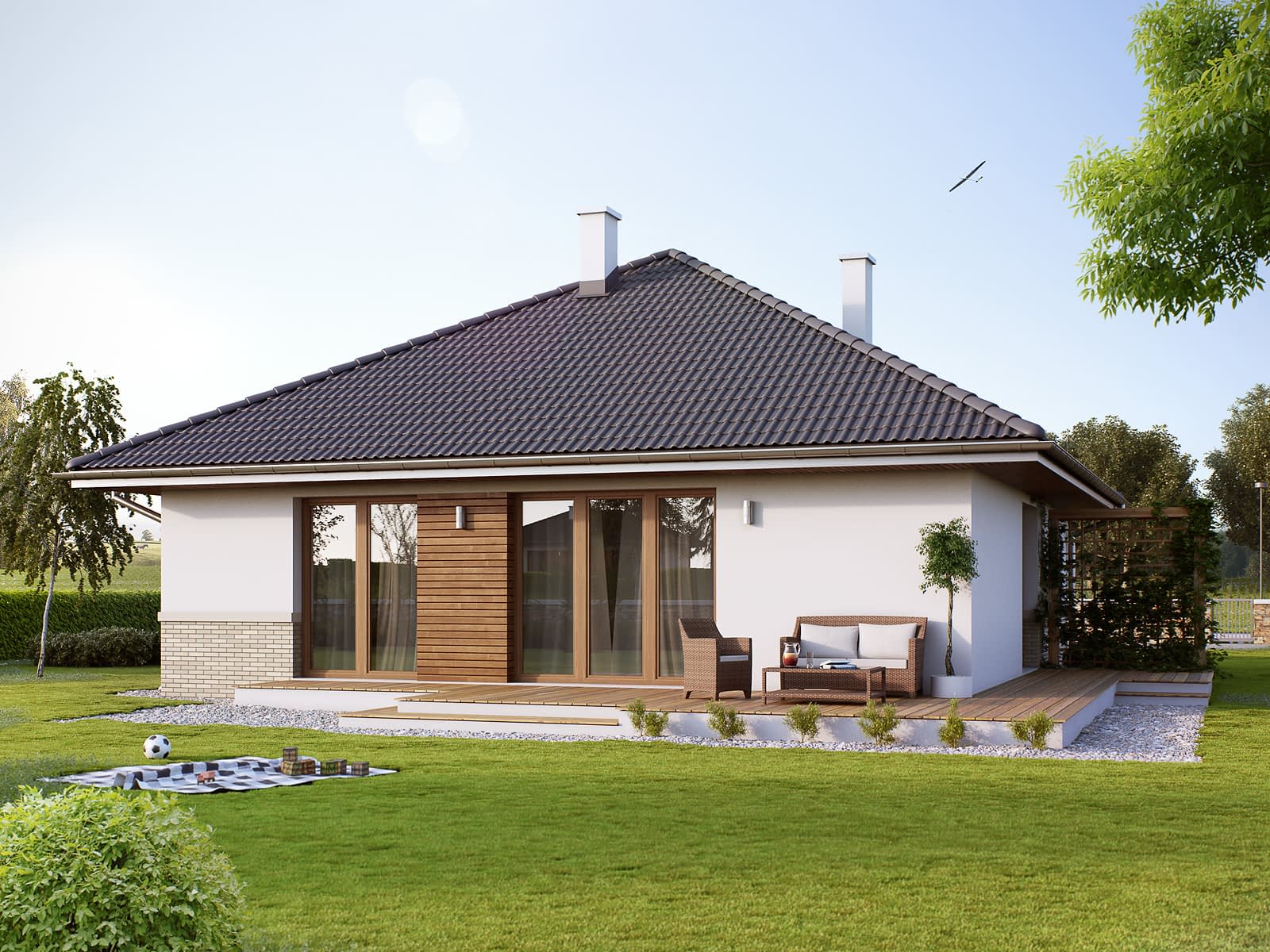





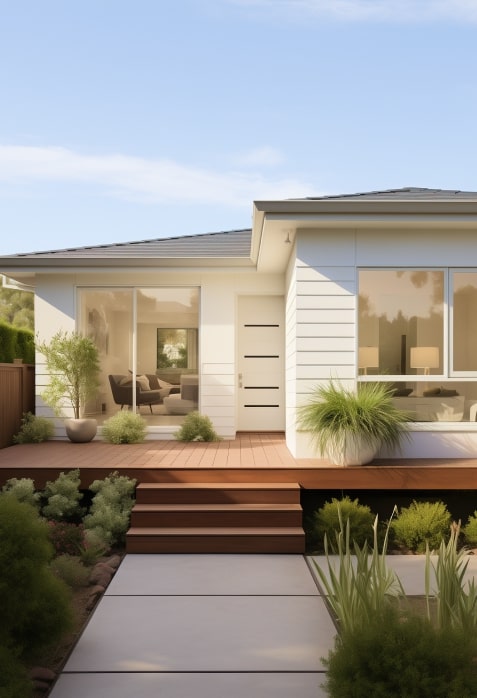
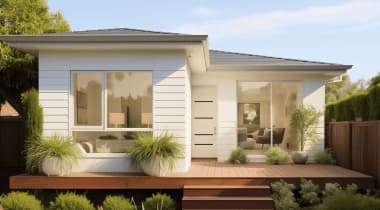











The final price may vary based on project specifics.
To get a free accurate quote tailored to your needs, book a consultation with us today!

The price per square foot provided is an average and may vary depending on project-specific details such as materials, location, complexity, and other factors. Actual costs may differ from the average provided.
It is recommended to obtain a detailed quote based on the specific requirements of your project.

Please note that the monthly payment displayed on this page is an estimate and is subject to variation based on the selected loan product, applicants credit score, loan amount, and other financial details. Actual monthly payment may differ from the estimate provided.
It is recommended to seek advice from a financial advisor or loan officer to obtain precise payment information tailored to individual circumstances.
 Your Trusted
Local Contractor
Your Trusted
Local Contractor
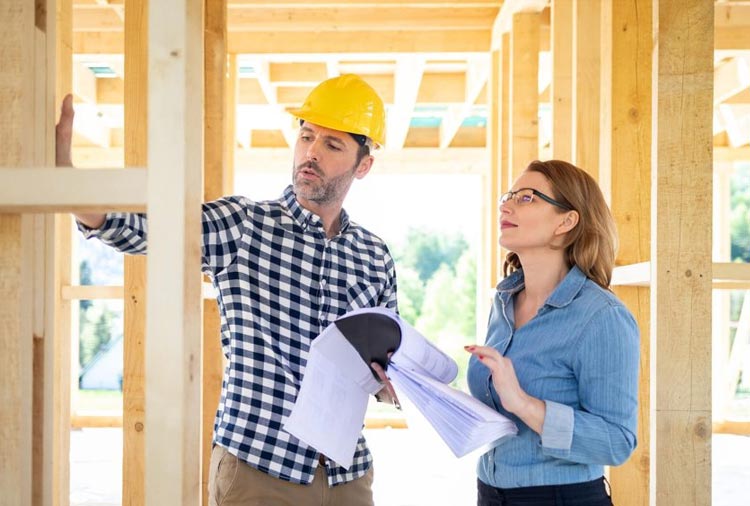
In the frame of an ADU project, it actually takes a whole team of consultants and trustworthy partners to get the job done right. Accessory dwelling units (ADUs) are actual homes with all amenities yet in smaller dimensions. Nevertheless, they require a multitude of experts in diverse fields, from a professional carpenter, plumber, and electrician to a general contractor, a designer, an architect, and a civil engineer.
In this article, we will discuss the role of ADU engineering services in the course of the ADU construction process.
An accessory dwelling unit (ADU) is a compact home built on the same parcel as your main house. Due to the complexity of the construction, an ADU project requires thorough planning and many calculations to ensure the structural stability of the building and compliance with building codes and regulations. These aspects necessitate in-depth knowledge of how to estimate the condition of the parcel, how to plan the ADU, taking into account the existing structures on the site, or where to place utility connections so that they work properly. Engineers are specialists who can predetermine the project’s success.
If you wonder what aspects of the multifaceted ADU project they tackle, here is the list of things diverse engineers are responsible for:
All in all, engineers play a huge role in creating a quality accessory dwelling unit, dealing with various aspects of planning from performing measurements to monitoring adherence to building rules and regulations.
Engineers is a general word, while in reality, there are several specialized engineers who contribute to the success of an ADU project. Engineers of each type have unique expertise to ensure the safety, functionality, and compliance of the ADU with local regulations. Of course, one project differs from another one, which means the number of specialists may also vary.
Now, let’s discuss what kinds of engineers commonly participate in designing the most functional accessory dwelling units!
A structural engineer plays a vital role in creating safe accessory dwelling units.
They are in charge of such aspects of ADU construction as:
They carry out detailed calculations in order to ensure materials selected by the design team meet structural and safety requirements. Structural engineers assist in determining whether materials are sturdy enough to withstand various forces like a strong wind, seismic activity, or heavy loads. If a structural engineer makes a mistake, it may compromise the stability of the construction.
The structural engineers give accurate instructions on the suitability and safety of the layout, sizing, construction materials, and constructive components of the ADU. Using these instructions, architects and designers may do their project’s architectural drawings, and builders can perform the construction on-site.
A civil engineer is a person who estimates the state of the parcel for grading and creating drainage systems and stormwater management. They make sure the construction fits in nicely with the property. Their work involves assessing the condition of the site, solving drainage problems, and ensuring that the ADU does not have a negative impact on the environment. Besides, they coordinate with local municipalities to meet zoning and land use guidelines.
Mechanical engineers are responsible for the calculation of heating and cooling loads to identify the right sizing of the HVAC system. They also ensure adequate support for mechanical systems in the accessory dwelling units. If they have expertise in this field, they can sometimes optimize HVAC systems so that they’re more energy-efficient.
If your new living space is going to occupy the land with uneven terrain or a hillside-located parcel, you may need such specialists as a topographic surveyor and geotechnical engineer. A geotechnical engineer checks the soil for poor conditions like soil erosion and other unpleasant states that can pose a threat to future buildings. This specialist conducts soil tests, contributes to designing appropriate foundations, and offers to reinforce the ground in case of poor conditions.
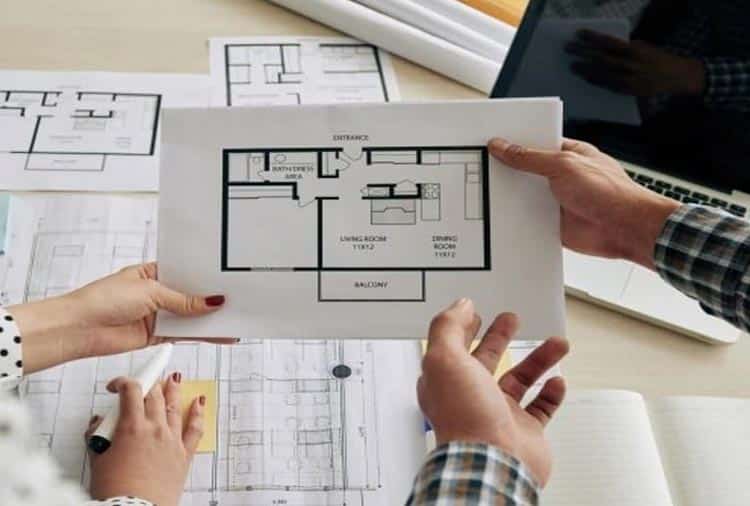
Sometimes, figuring out what specialists you need for your project and teaming up with the right consultants can be tough. Even smaller projects may be rather time-consuming. But if you build a separate unit near a single-family home, you’ll need a whole lot of top ADU specialists if the project quality is important to you.
A professional ADU contractor is usually the best solution. Here we’ll show you why:
A+ Construction & Remodeling is a building company with a great history of successful ADU projects. At A+, we have various professionals, including experienced engineers that will help ensure your ADU unit is going to be safe for you and your family members, sturdy to withstand the elements, and well-designed with the best practices of engineering services.
Get a First Look at Real ADU Projects